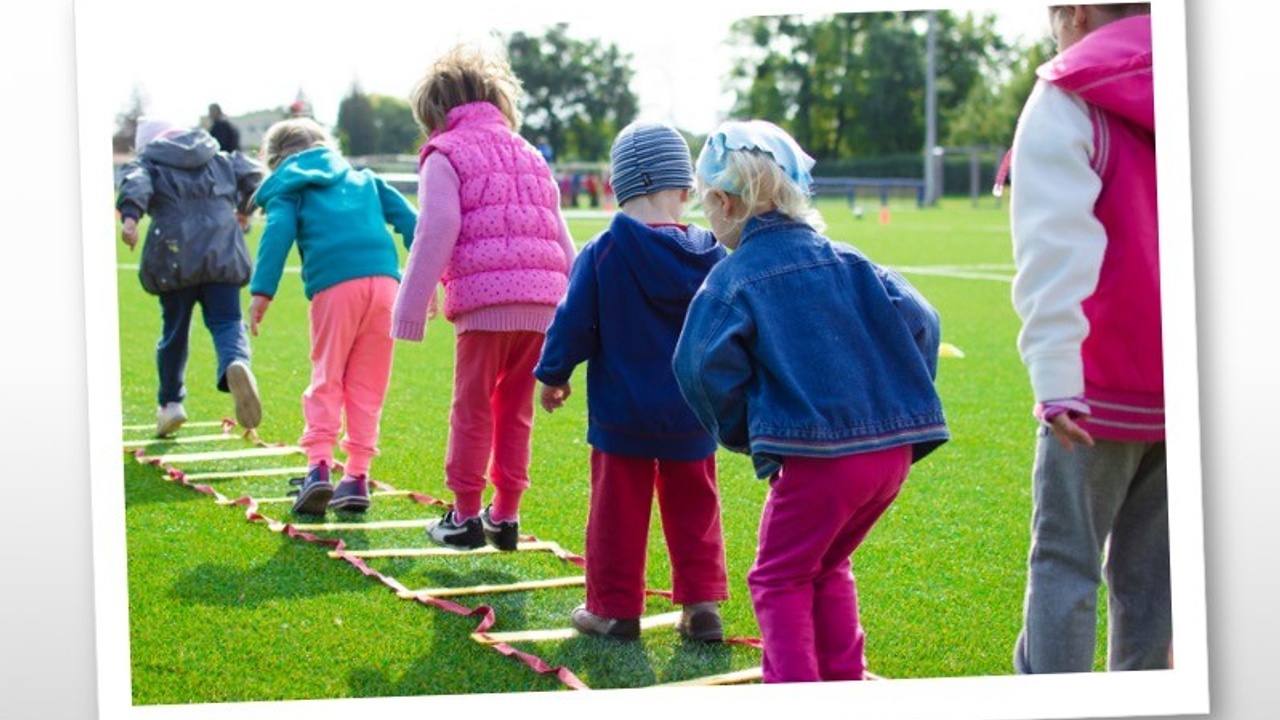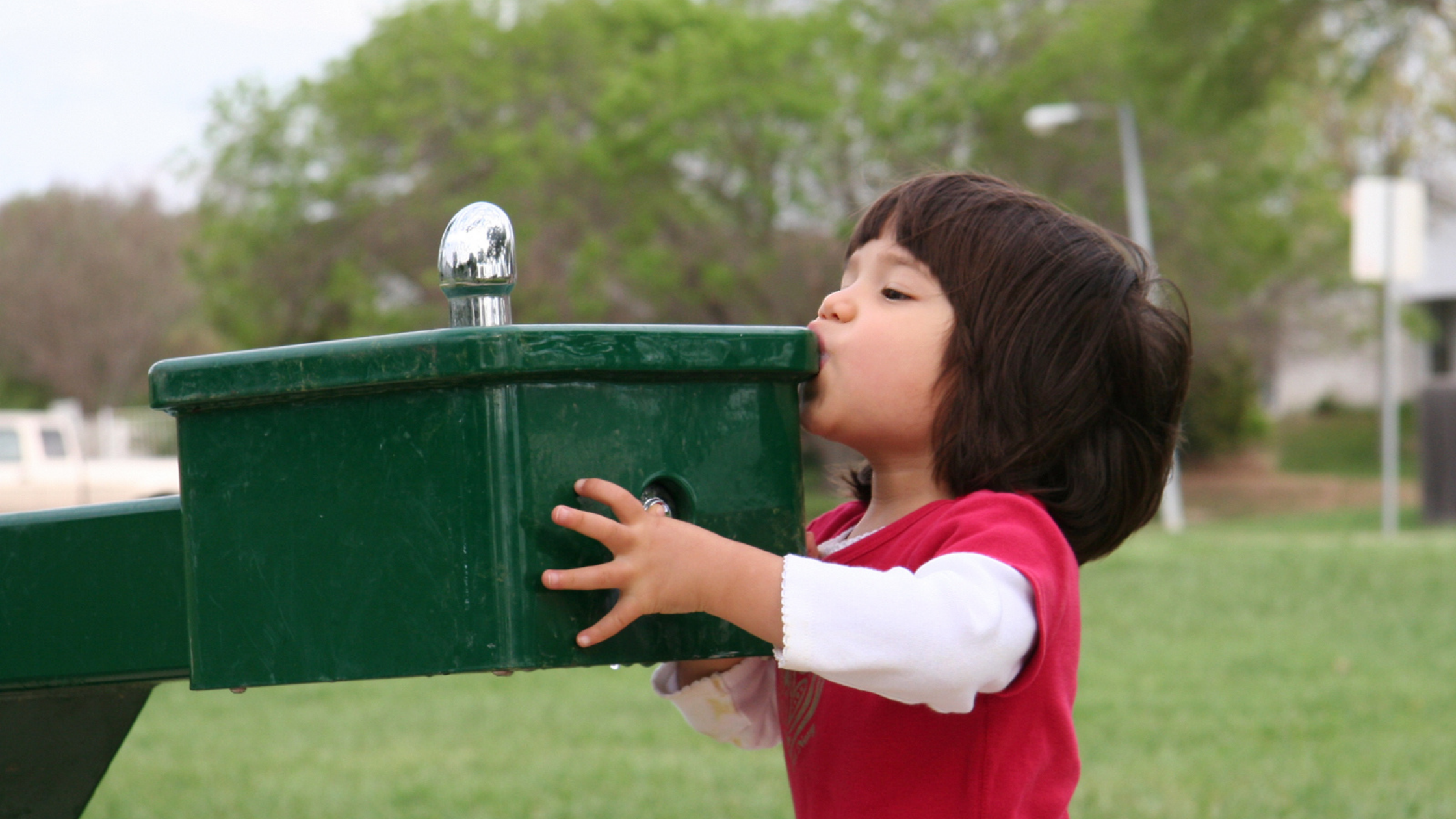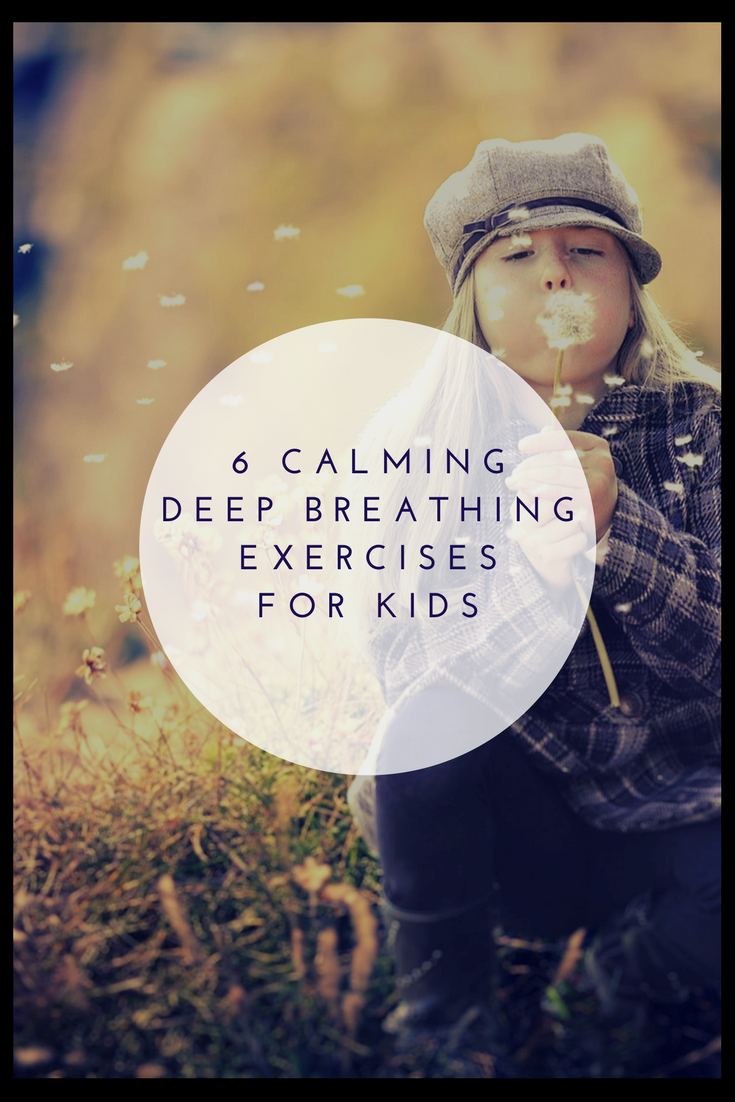The Socially Skilled Kids Blog
HOW TO TARGET SOCIAL SKILLS THROUGH EASY VIDEO CONFERENCING GAMES AND ACTIVITIES

Remotely Teaching social skills can be an interesting challenge. I have spent many years avoiding the use of technology in my social skills sessions. I felt my kiddos got plenty of screen time, and what they really needed was face to face interaction.
While I still believe this, we are currently in a situation where we simply must use technology to teach.
So how do you teach a social skills group on a video conferencing platform like Zoom or Google Meet?
By playing games, of course!
But saying it is one thing…actually doing it is another thing all together!
Our students are dealing with so much right now. And on top of it all, they have to learn new technology and new appropriate behaviors to go with it.
I don’t know about you…but I have spent the first few weeks of remote teaching, remotely teaching my students how to behave appropriately on Zoom.
Engaging in a group on a video conferencing platform, is quite different from engaging in a group in person.

...
EASY DISTANCE LEARNING & REMOTE TEACHING ACTIVITIES TO PLAY WITH STUDENTS ONLINE

Most of us are Remote Teaching/Distance Learning these days. Have you started? It can be tricky.
First, you need to teach your students how to appropriately access the technology that you will using, e.g. Zoom, Google Meet, etc. Grab a freebie to help you teach your students appropriate video conferencing behaviors, HERE.
Next, you need to have things to do that are easy and fun!
Many of our kiddos are easily distracted and have challenges focusing on peers, in person. Socializing online, can be even more tricky.
We need to have fun activities to keep our students engaged. They need to be fairly short in length {under 20 minutes} and they need to be super easy for both teacher and student to access, i.e. low prep. and few materials needed.
Why?
Well… certainly we all come to this situation with a different skill set, but many of us are not technology experts and on top of that, we may be feeling the stress of everything that is going on with COVID-19, both from the persona...
HOW TO TEACH STUDENTS COMMUNICATION SKILLS

Many students with special needs struggle to engage in conversations and lack effective communication skills. Why? Well, there could be many reasons related to each child’s specific set of challenges and abilities. But the biggest reason, in my mind, is the number of skills needed, to successfully engage in a conversation.
There are literally dozens of skills needed. On top of that, these skills change based on the type of conversation, the number of different people involved, etc.
Oy!

Is it any wonder that our kiddos lack good communication skills!
An important skill I spend a lot of time on with my students is, Responding To Others which is one of the essential conversational skills I teach.. After all, responding, is what makes a conversation a conversation. Without the back and forth exchange, you have a lecture or a dialogue, not a productive conversation.
But how many times have you watched a group of your students talking… active listening is not taking place wit...
HOW TO TEACH STUDENTS TO ASK QUESTIONS
HOW TO TEACH STUDENTS TO ASK QUESTIONS

Have you ever watched a group of your special education students having a “conversation?” It can be very awkward social interaction, to say the least.
To be fair, I see similar behaviors and lack of social awareness when watching regular education students too. The students are talking…but are they having a true conversation?
A conversation is defined as a back and forth verbal exchange between two or more individuals. Of course there is sooooooo much more to pragmatic language skills.
Based on my personal experiences, when I watch my students{who haven’t used my strategies for social pragmatics) engaging in a conversation… what I typically see when taking a closer look is one child talking, then another child talking, then another…usually overlapping each other, rarely on the same topic, and sometimes with little to no regard for each other.
One of the skills my students and I work on the most is responding to others in social settings....
TEACHING SPECIAL EDUCATION STUDENTS CONVERSATIONAL TURN TAKING

Engaging in successful conversations is an important social skill that can be very challenging for our kiddos with special needs.
Probably the biggest reason that basic and friendly conversations are challenging for children's development of communication skills, is because, like so many things, there are actually many language skills involved Conversation may be one word, but the skills involved in executing it, are numerous and complex.
Conversations involve complex social skills such as, Perspective Taking and Self-Regulation, which are often difficult for students with special needs.

Here are my Top 10 picks for the most important skills needed to be taught to special education students, to help them implement effective ways to engage in better conversations with their peers:
1. Physical Proximity
How many times have you seen your students talking to someone as they are walking away or as the other person is walking away, talking to someone who is too far away ...
TEACHING TEAMWORK AND COOPERATION SKILLS TO STUDENTS

This time of year I tend to put a lot of focus on the explicit teaching of two very important social skills; Teamwork and Cooperation.
Of course, teaching teamwork and cooperation skills are essential skills all-year-long, and are used in nearly every activity in school and in life.
For me, the importance of teaching teamwork and cooperation skills really seems to stand out, as I watch my students to playing sports and games at recess, and engaging in cooperative activities on the playground in in their classrooms.
Teamwork and Cooperation are defined very similarly, and my students always tell me they are the same thing.
But there are some subtle and important differences that I like to keep in mind and the good news is, you can learn them too! This post will look at the difference between teamwork and cooperation and it will give you some good ideas on how to teach these skills in your classroom.
Let’s start with Teamwork

Teamwork is defined as:
A c...
CREATIVE ACTIVITIES FOR TEACHING SOCIAL PRAGMATIC SKILLS


We all know how important it is to teach and support social pragmatic skills. Year after year I see more and more children struggling to engage in even very basic social interactions and social situations throughout the school day. This post provides 5 basic social skills activities you can use with your students.
It’s important to teach social pragmatic skills, explicitly in many cases, to our students. From kindergarten, all the way through elementary school…and in some cases, beyond.
Here are the 5 basic social skills that I like to teach in the kindergarten classrooms that promote strong social skills:
Taking Turns

Below are some great social skills activities, tools, and ideas for how to teach these important social pragmatics in your day-to-day teaching and lesson plans. I hope you find some helpful ideas that you can quickly and easily add throughout the school year.
Sharing Ideas: Create many opportunities and diff...
PERSPECTIVE TAKING: THE MOST IMPORTANT SKILL TO TEACH!

WHY IS PERSPECTIVE TAKING SO IMPORTANT?
Perspective Taking is so important for children to learn because they need this important social skill to relate to others, to make others feel comfortable around us, and to know how to influence others in a positive way. Understanding the perspective of another person is an essential skill that promotes emotional intelligence.

To help children develop and improve their social perspective-taking skills, we need to first explain what perspective-taking is, then provide many examples of particular situations which would require good use of perspective-taking, in order to have a successful social experience.
In other words, define it and practice it. This is the best way for students to learn and experience the benefits of perspective taking.

Define it:
Perspective Taking is understanding something from someone else’s point of view.
*Note: You do not have to agree with someone, to understand their perspective. Understanding anot...
5 TIPS FOR TEACHING GETTING ALONG WITH OTHERS

Do you work with students who struggle with getting along with others? Do they argue over games and rules? Make other kids feel uncomfortable or annoyed? Act as though they are “in charge” of others in social situations?
While all children struggle to get along with others once in a while, for some, it takes explicit teaching and extra practice. There is no best way to teach this skill, but by following these tips you will be well on your way to helping your elementary students build healthy relationships with their classmates.

In order to get along with others in a classroom, small group or play activity {sports team/recess/playdate}, young children need to be able to engage in the following basic social skills:
- Sharing
- Cooperating
- Taking Turns
- Using Kind Language
- Respecting Personal Space
5 Tips To Help Your Students Learn & Practice The Social Skills Needed, To Get Along With Others
Tip 1: Create many opportunities for your students to share by making materials limit...
HOW AND WHY TO TEACH YOUR STUDENTS PERSEVERANCE AND RESILIENCE

Something that I hear my teacher friends (and parents) saying over and over again it, “We are expecting our students/kids to do so much more than in years past.”
Whether we are talking about in school or home/after-school activities, we really do ask our kids to do so much more than ever before. And yet, do we spend any time teaching them how to manage all of that?
We are asking our kids to do much more advanced academics and to play higher level sports, but do we spend time teaching them how to handle struggle and failure?

In my work, I feel that I am seeing more and more students breaking down because they are so uncomfortable with the learning process, with struggle, with failure, and without getting immediate gratification.

And on the other side of things, teachers are being pushed to add more and more and more to the work loads of their students, many of whom are already overwhelmed. Add to that a child who has learning disabilities or emotional disabilit...



